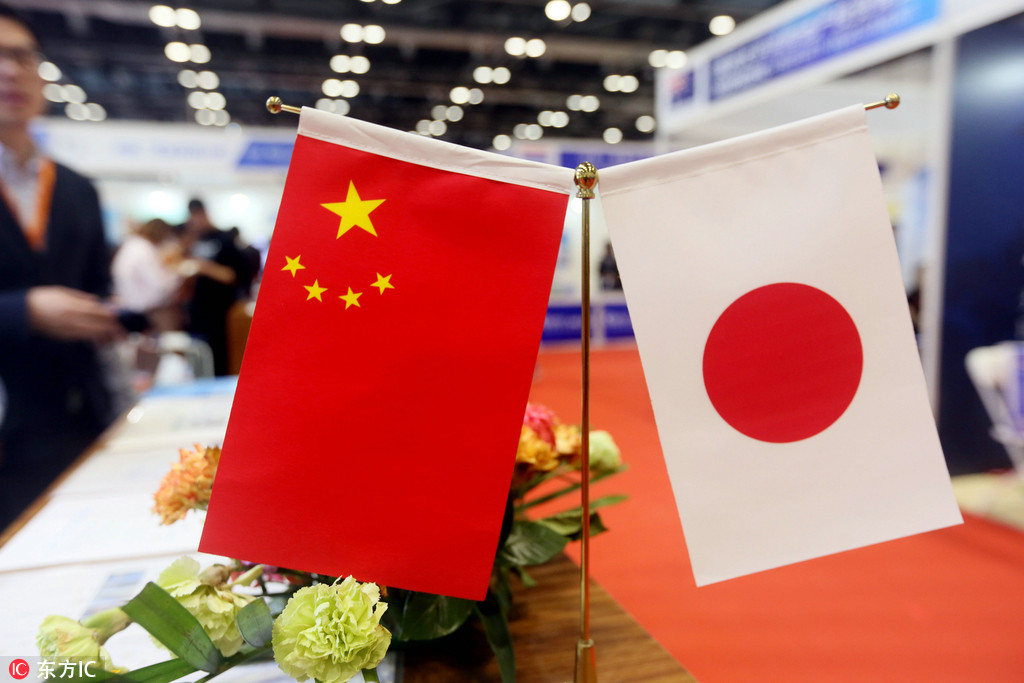
(File photo: IC)
In a sign of the continuously improving Sino-Japanese relations, Vice-President Wang Qishan will attend the enthronement ceremony of Japanese Emperor Naruhito in Tokyo on Tuesday.
His attendance, as President Xi Jinping's special envoy, is also expected to pave the way for Xi's official visit to Japan, the first by a Chinese top leader in 10 years, which has been penciled in for next year.
All this is encouraging as it underscores the new momentum that has emerged in bilateral relations since last year when they were put back on a normal track as shown by a restoration of exchanges of high-level visits, which included Premier Li Keqiang's visit to Japan in May and then Japanese Prime Minister Shinzo Abe's visit to China in October.
That the two countries seem to have put their differences aside with an eye on a relationship oriented to the future suggests the vast common ground that they both see in cooperation, especially in the economic and trade fields.
However, the past is never far away from the present in the relations between the two countries. Just last week, the Foreign Ministry urged Japan to honor its commitment to reflect on its history of aggression, after some Japanese Cabinet members and lawmakers paid tribute to the shrine that honors Japanese convicted of war crimes committed in China among the war dead.
With Emperor Naruhito's enthronement ushering in a new era in Japan, it is to be hoped that it will be an era in which the country will finally face up to its past.
In the meantime, Wang's visit can help further the thaw in bilateral relations.
As the world's major traders, both countries are committed to free trade and an open market, and have vowed to jointly safeguard the rules-based multilateral free trade system that is being threatened by the United States' protectionism and unilateralism. The US-launched trade war against China has had a negative impact not only on China, but also on Japan whose economy is closely linked with China — its largest trade partner and export market. It serves both sides' interests to work to strengthen the links between their highly complementary economies.
Thus Japan is now supporting China's Belt and Road Initiative, and the two countries have agreed to cooperate, rather than compete, with each other in such projects in third countries. And to prevent unexpected clashes, the two countries have also agreed to launch a maritime and air communication mechanism that enables defense authorities to communicate more efficiently to avoid military contingencies.
All this has laid the foundation for China and Japan to push their mutually beneficial cooperation to a new high.


